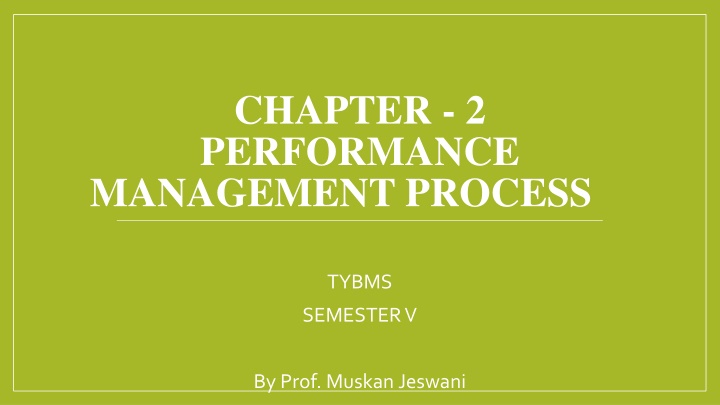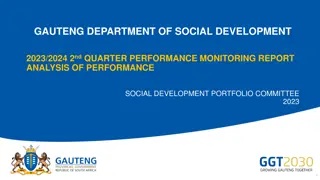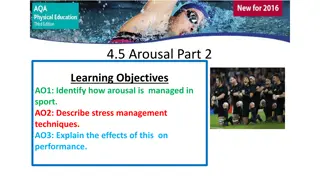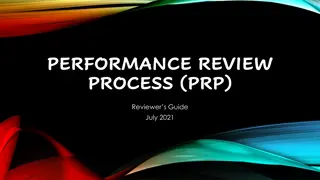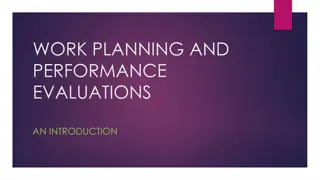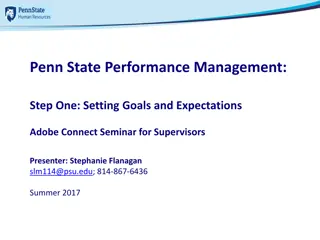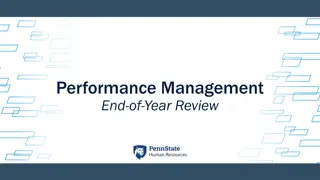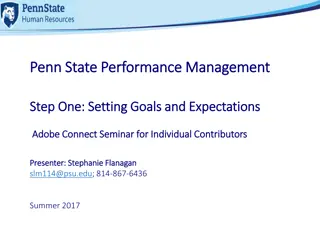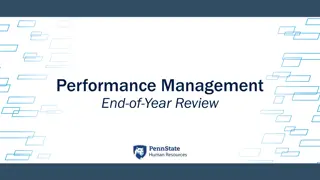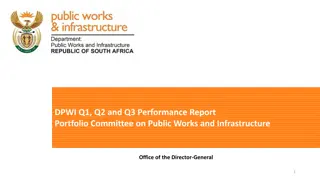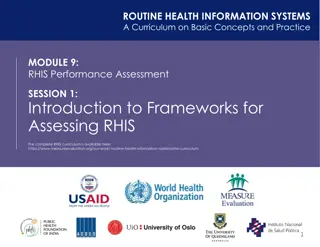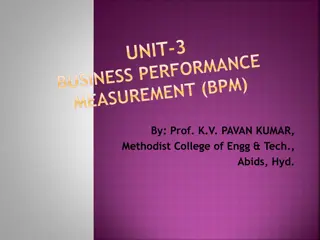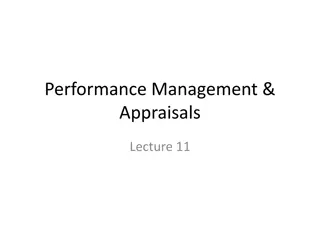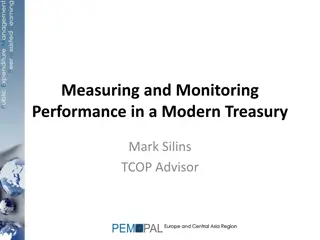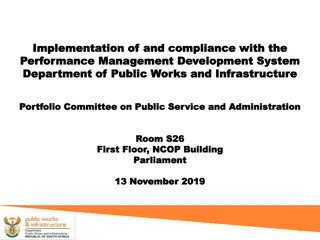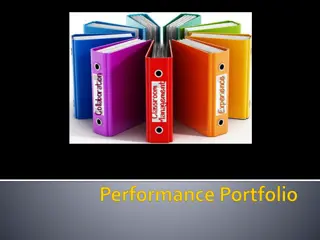Comprehensive Insights into Performance Management Process
Explore the Performance Management Process in TYBMS Semester V with Professor Muskan Jeswani. Discover the significance of Performance Planning, its objectives, steps for setting performance criteria, and the concept of Benchmarking. Gain a deep understanding of how employees and managers collaborate to enhance performance, develop competencies, and achieve organizational goals effectively.
Download Presentation

Please find below an Image/Link to download the presentation.
The content on the website is provided AS IS for your information and personal use only. It may not be sold, licensed, or shared on other websites without obtaining consent from the author.If you encounter any issues during the download, it is possible that the publisher has removed the file from their server.
You are allowed to download the files provided on this website for personal or commercial use, subject to the condition that they are used lawfully. All files are the property of their respective owners.
The content on the website is provided AS IS for your information and personal use only. It may not be sold, licensed, or shared on other websites without obtaining consent from the author.
E N D
Presentation Transcript
CHAPTER - 2 PERFORMANCE MANAGEMENT PROCESS TYBMS SEMESTER V By Prof. MuskanJeswani Prof. Muskan Jeswani
DEFINITION: PERFORMANCE PLANNING IS A PROCESS IN WHICH EMPLOYEE AND MANAGER WORK TOGETHER TO DETERMINE WHAT THE EMPLOYEE SHOULD BE DOING IN THE NEXT YEAR AND WHAT SUCCESSFUL PERFORMANCE MEANS. Prof. Muskan Jeswani
PERFORMANCE PLANNING TAKES PLACE IN THE FOLLOWING MANNER: Setting objective Discussion regarding implementation Designing developmental activities Coaching and counselling Prof. Muskan Jeswani
Objectives of Performance Planning Objectives At organizational level At manager level At employee level To communicate basic responsibility that an individual need to perform To be well aware of ones career and growth Provide training to the employees To provide appropriate resources, support and training To take advice from managers Standardized the performance criteria To ensure that employees are provided with feedback To accept feedbacks on positive grounds Regular and timely feedback To boost motivation To clearly define goals and objectives that individual has to achieve in the year Build on competencies of an individual Prof. Muskan Jeswani
Steps for Setting Performance Criteria Set Clear Goals Assign Job Task to employee Seek Mutual Agreement to crucial aspects related to the job. Ensure smooth task implementation Preparation of performance plan Prof. Muskan Jeswani
Benchmarking Benchmarking is a process of measuring the performance of a company's products, services, or processes against those of another business considered to be the best in the industry, aka best in class. Prof. Muskan Jeswani
Performance Benchmarking Benchmarking is the continuous process of measuring products, services and practices against the toughest competitors or with those competitors who are recognized as best in class. Prof. Muskan Jeswani
Performance benchmarking focuses on three specific areas: Operational efficiency Quality of service Business benefits Prof. Muskan Jeswani
Methods of setting benchmarking Metric Diagnostic Process Benefits of benchmarking Sharing Key Performance factors Goal Setting Networking Continuous improvement Prof. Muskan Jeswani
Performance Managing It is an integral part of the work that all managers perform throughout the year This is what the line managers do continuously not an HR directed annual procedure. Prof. Muskan Jeswani
What needs to be managed? Communicating the aims of performance management The performance agreement process The performance review process Personal development planning Skill development Monitoring and evaluation Prof. Muskan Jeswani
How should performance be managed? Managing performance depends upon the context which includes culture, management style, and approach etc. 1. The main activity in managing performance are providing feedback and continuous learning. 2. Prof. Muskan Jeswani
Objectives of Performance Management System To plan HR effectively To have scientific R&S To make personnel decisions To carry out T&D To Collect feedback and motivate employees To undertake career planning and development To reward employees To improve employee relations Prof. Muskan Jeswani
Steps in performance management system Performance planning Develop action plan Performance review Developing standards Prof. Muskan Jeswani
Performance appraisal Definition by Edward flippo performance appraisal is the systematic periodic and impartial rating of an employee s excellence in matters pertaining to his present job and his potential for a better job. Prof. Muskan Jeswani
Performance Monitoring Monitoring means continuously measuring performance and providing feedback to employees towards reaching their goals. PM makes a contribution in the evaluation of work methods and employee performance Objectives of Performance Monitoring: To provide learning T&D opportunities to employees. To observe the manages performance against the planned quality, quantity, time, cost and various other goal related dimensions. To mutually exchange information regarding developmental execution of performance plan. To complete the planned task and goals. To check whether the manage is provided with the desired support for timely completion of work. Prof. Muskan Jeswani
Performance Management Implementation Emphasis on right area Designing of the System MCQ Role clarity, competency development, promotion decisions, culture building, value promotion, monitoring, performance rewarding etc Multiple components KRA, Goal Setting, attributes, self appraisal, identify development needs, potential appraisal, review by committee Over criticism and over projection Inadequate effort to implement Organizational support Competent HR Dept Follow up of the system Prof. Muskan Jeswani
Strategies for Effective Implementation of PM Have a separate evaluation and developmental appraisals Use multiple raters Train appraisers Use job related performance criteria Appeal process Specifying performance standards Use appropriate performance data Improve supervisor subordinate relationship Provide ongoing feedback Upward appraisal Prof. Muskan Jeswani
